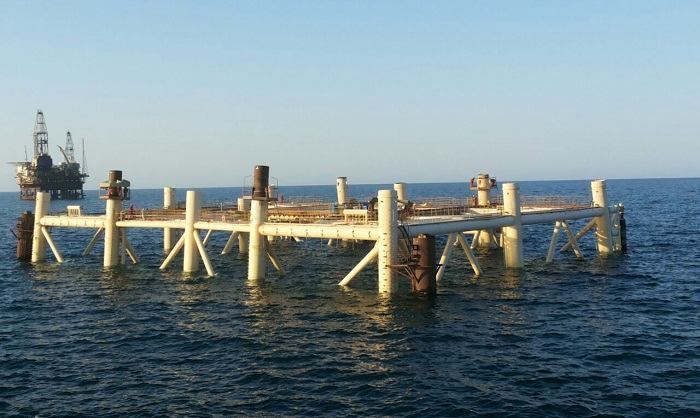Earlier, a source close to the negotiations on the Trans-Caspian pipeline told Trend that Turkmenistan plans to hold a summit of heads of Azerbaijan, Turkmenistan and Turkey by late 2016, where the prospects of the gas pipeline construction will be discussed.
Turkmenistan, according to BP, has the fourth largest proved gas reserves in the world - 17.5 trillion cubic meters. Currently the country produces about 75 billion cubic meters of gas per year, and plans to increase production to 230 billion cubic meters by 2030, most of which will be exported.
According to de Jong, Turkmenistan is right now in a bit of a difficult situation. He noted that the natural gas sector in Turkmenistan has seen large scale layoffs this year - revenues have been decreasing, yet the amount of gas Turkmenistan sells has been relatively stable.
The country is now heavily reliant on the Chinese export market, and the expert believes it should diversify.
“But, it has been hesitant to sign up to `small` deals of 10 bcm, 5 bcm etc. It would however be in Turkmenistan´s interest to sign up to such deals with Azerbaijan for example,” de Jong said.
According to BP, Turkmenistan exported 38.1 billion cubic meters of gas in 2015, including 27.7 billion cubic meters of gas sent to China and limited volumes of gas exported to Iran and Russia. Since the beginning of 2016 Russia has completely stopped gas purchases in Turkmenistan.
More about:
















































